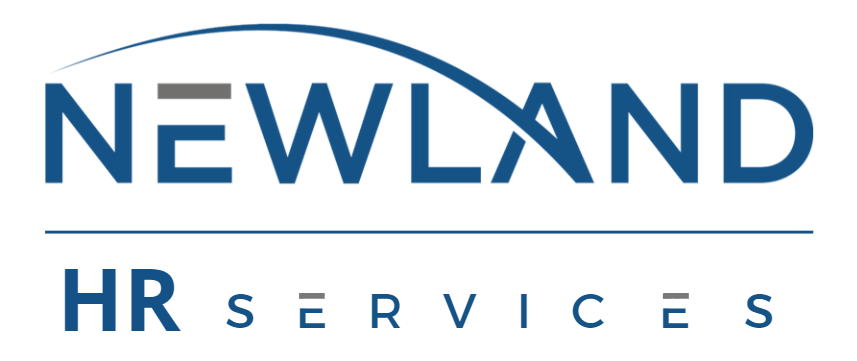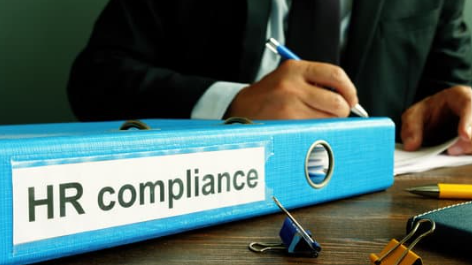With the introduction of new regulations and the modification of existing ones, businesses must stay vigilant to remain compliant and protect their operations from potential legal pitfalls. The year 2024 is no exception, presenting a unique set of challenges and opportunities in HR compliance. This article explores the critical areas of HR regulations for 2024 and outlines strategies to ensure your organization stays ahead of the curve.
Understanding the Compliance Landscape in 2024
The HR regulatory environment in 2024 is shaped by several key factors, including technological advancements, the shift towards remote work, increased emphasis on diversity and inclusion, and the ongoing impact of global health considerations. These elements not only influence the nature of work but also dictate the regulatory responses by governments and regulatory bodies worldwide.
Key Areas of Focus
- Data Protection and Privacy: With the rise of remote work and digital HR processes, data protection and privacy remain paramount. Regulations like the General Data Protection Regulation (GDPR) in Europe and similar laws in other jurisdictions continue to evolve, requiring organizations to adopt stringent data handling practices.
- Workplace Health and Safety: The global health crisis has permanently altered perspectives on workplace health and safety. Regulations now extend beyond traditional physical safety to include mental health, remote work environments, and pandemic preparedness.
- Labor Laws and Remote Work: The surge in remote and hybrid work models has prompted lawmakers to revisit labor laws, focusing on work hours, overtime compensation, and the right to disconnect. Companies must adapt to these changes to ensure compliance and support employee well-being.
- Diversity, Equity, and Inclusion (DEI): DEI initiatives are increasingly becoming a regulatory consideration, with some jurisdictions requiring companies to report on diversity metrics or comply with specific DEI standards. This trend underscores the importance of integrating DEI into corporate compliance strategies.
- Gig Economy Regulations: The gig economy continues to grow, prompting new regulations around the classification of workers and their rights. Understanding these rules is crucial for businesses that rely on freelance or contract workers.
Strategies for Staying Compliant
Regular Training and Education
Continuous education and training programs for HR professionals and employees are vital in staying updated with the latest regulations. Specialized training sessions can help in understanding complex legal requirements and implementing them effectively within the organization.
Leveraging Technology
HR technology solutions, including compliance management systems, can streamline the monitoring and management of regulatory requirements. These tools can automate the tracking of legal changes, manage employee data securely, and ensure timely compliance reporting.
Proactive Policy Review and Adjustment
Regularly reviewing and updating HR policies and procedures is essential to reflect the latest regulatory changes. This proactive approach can help organizations quickly adapt to new laws and guidelines, minimizing the risk of non-compliance.
Engaging Legal Expertise
Partnering with legal experts who specialize in employment law can provide valuable insights and guidance on navigating the compliance landscape. Legal consultants can assist in policy development, conduct compliance audits, and offer advice on complex legal issues.
Fostering a Culture of Compliance
Creating a culture that values and prioritizes compliance can significantly reduce the risk of regulatory breaches. Encouraging open communication, promoting ethical behavior, and ensuring that compliance is integrated into the corporate ethos are key to fostering this culture.
As HR regulations continue to evolve in 2024, staying ahead of compliance issues is more critical than ever. By focusing on key regulatory areas, leveraging technology, and fostering a proactive and informed corporate culture, organizations can navigate the complexities of HR compliance successfully. The goal is not just to avoid penalties but to create a safer, more inclusive, and equitable workplace that thrives on the principles of compliance and ethical business practices.








